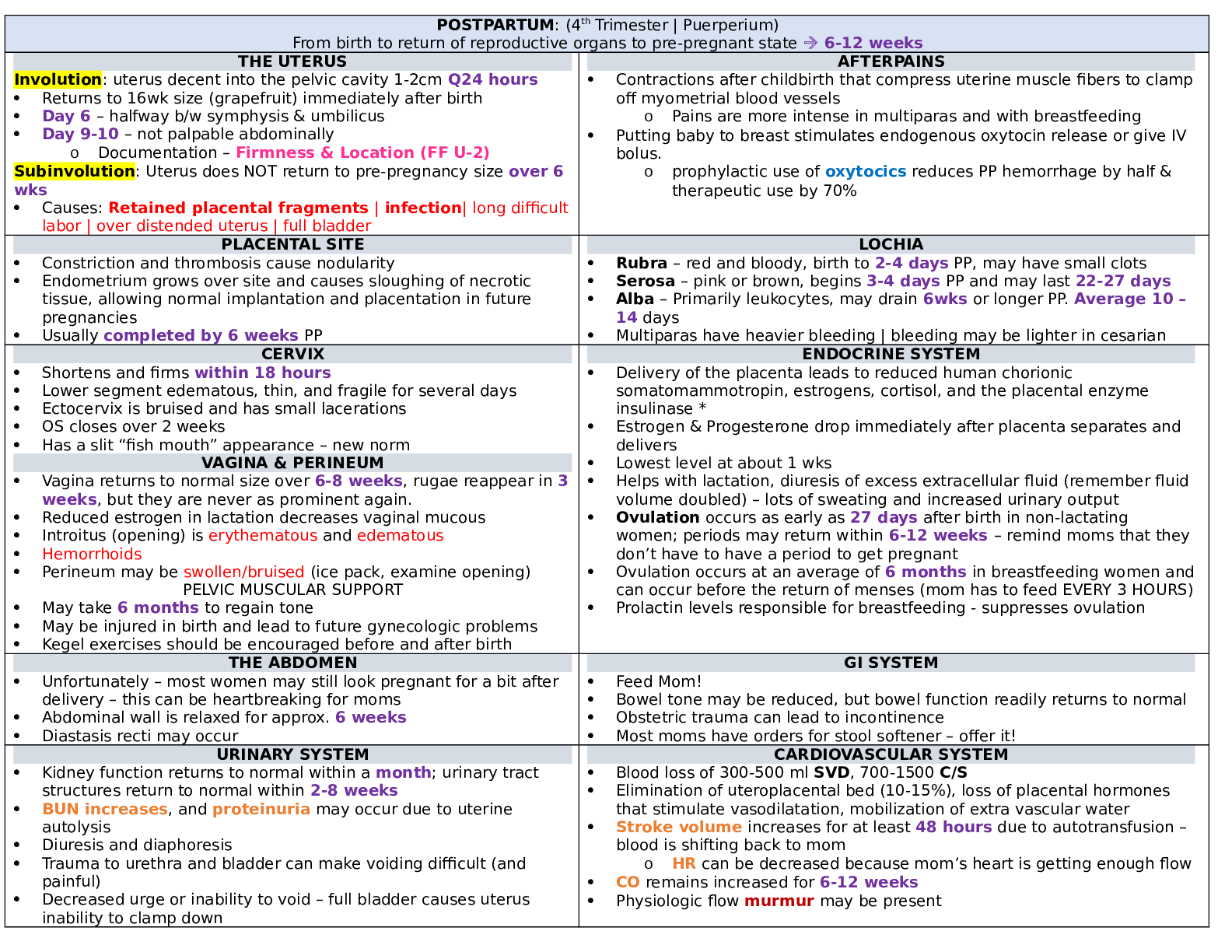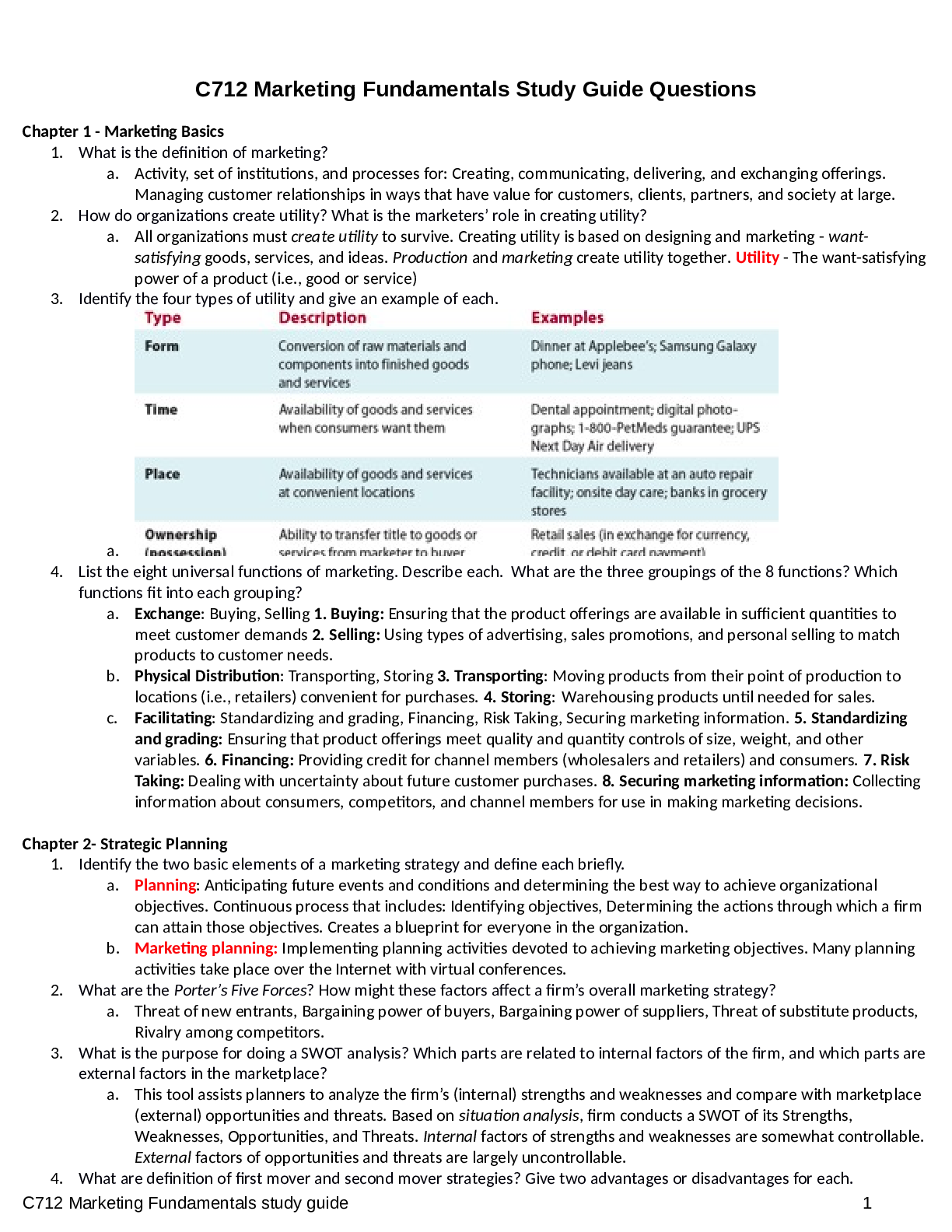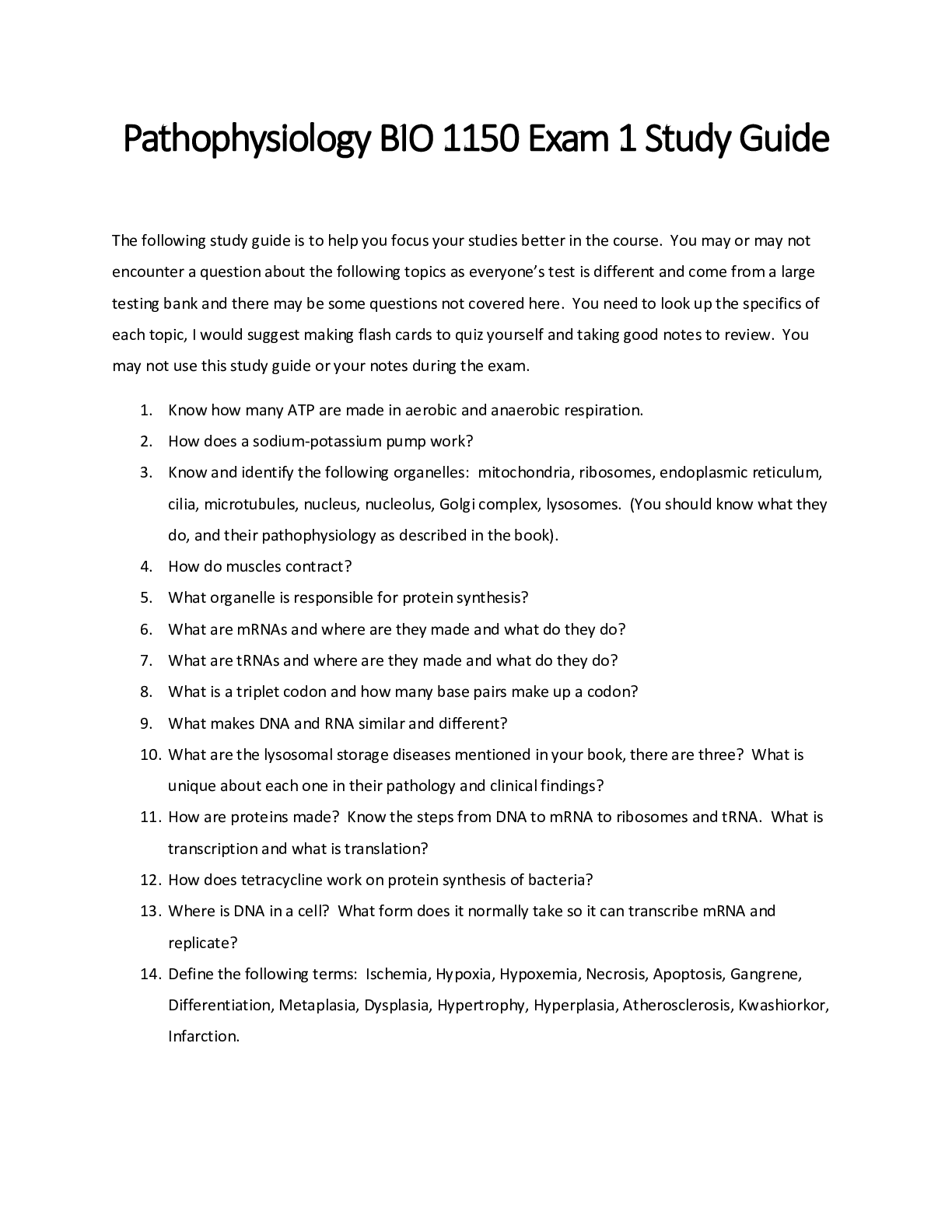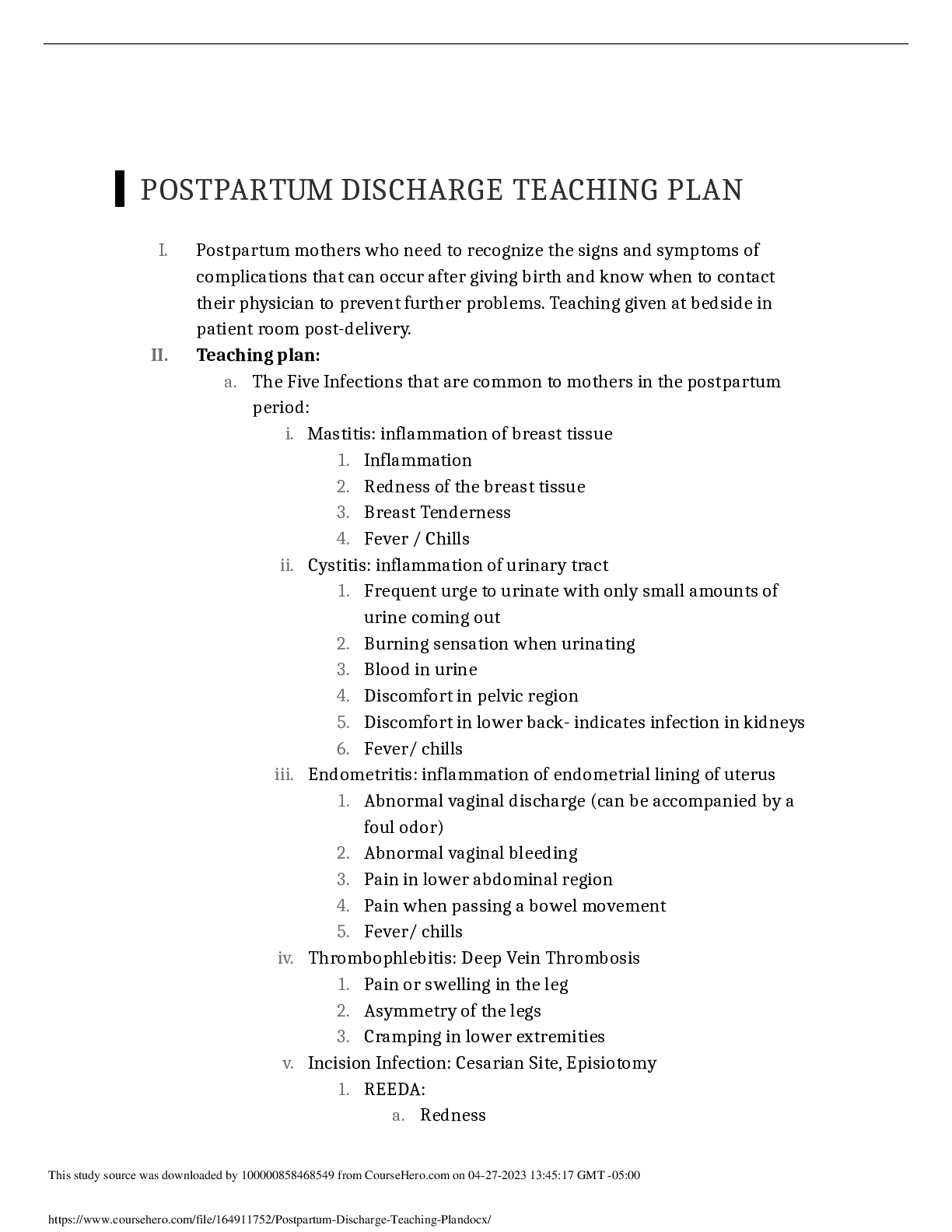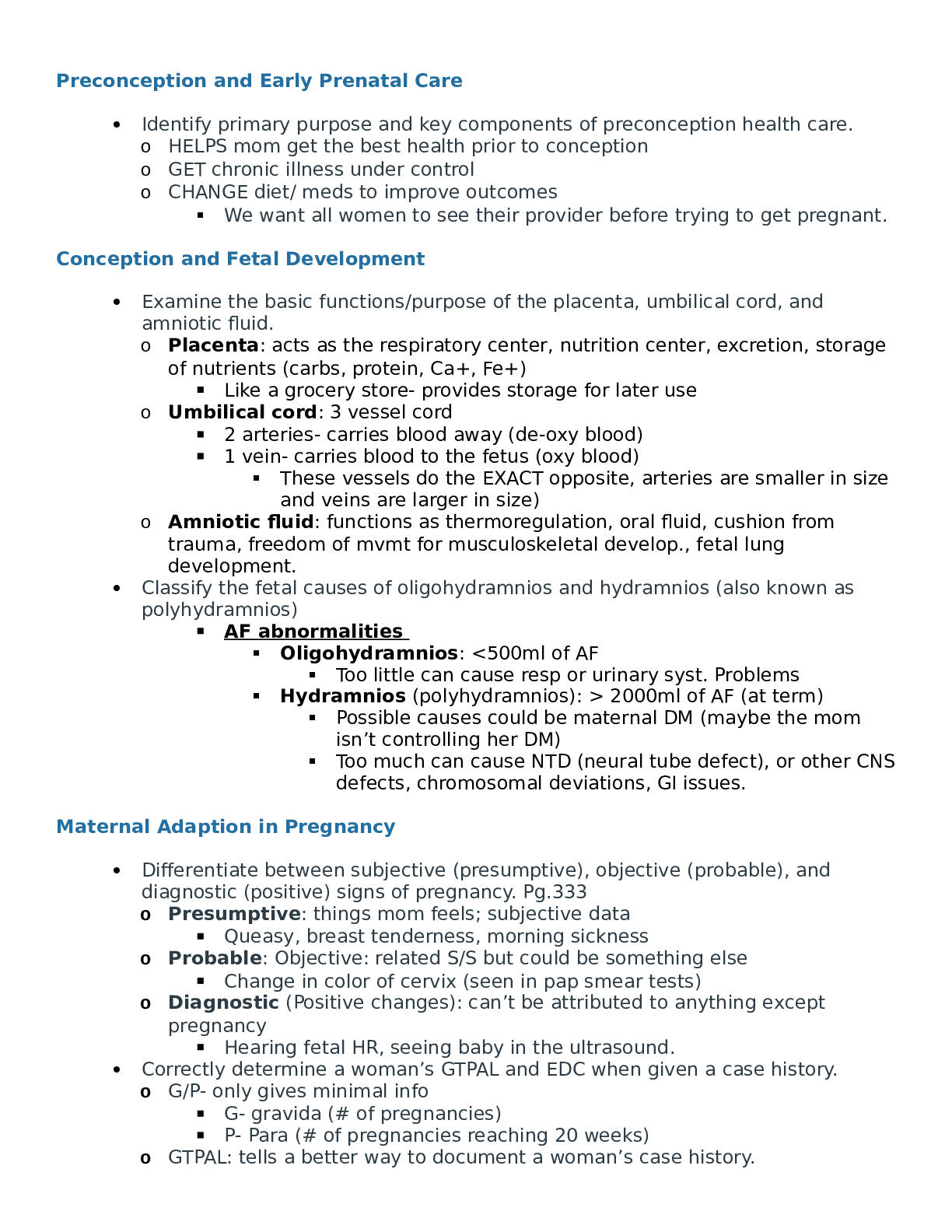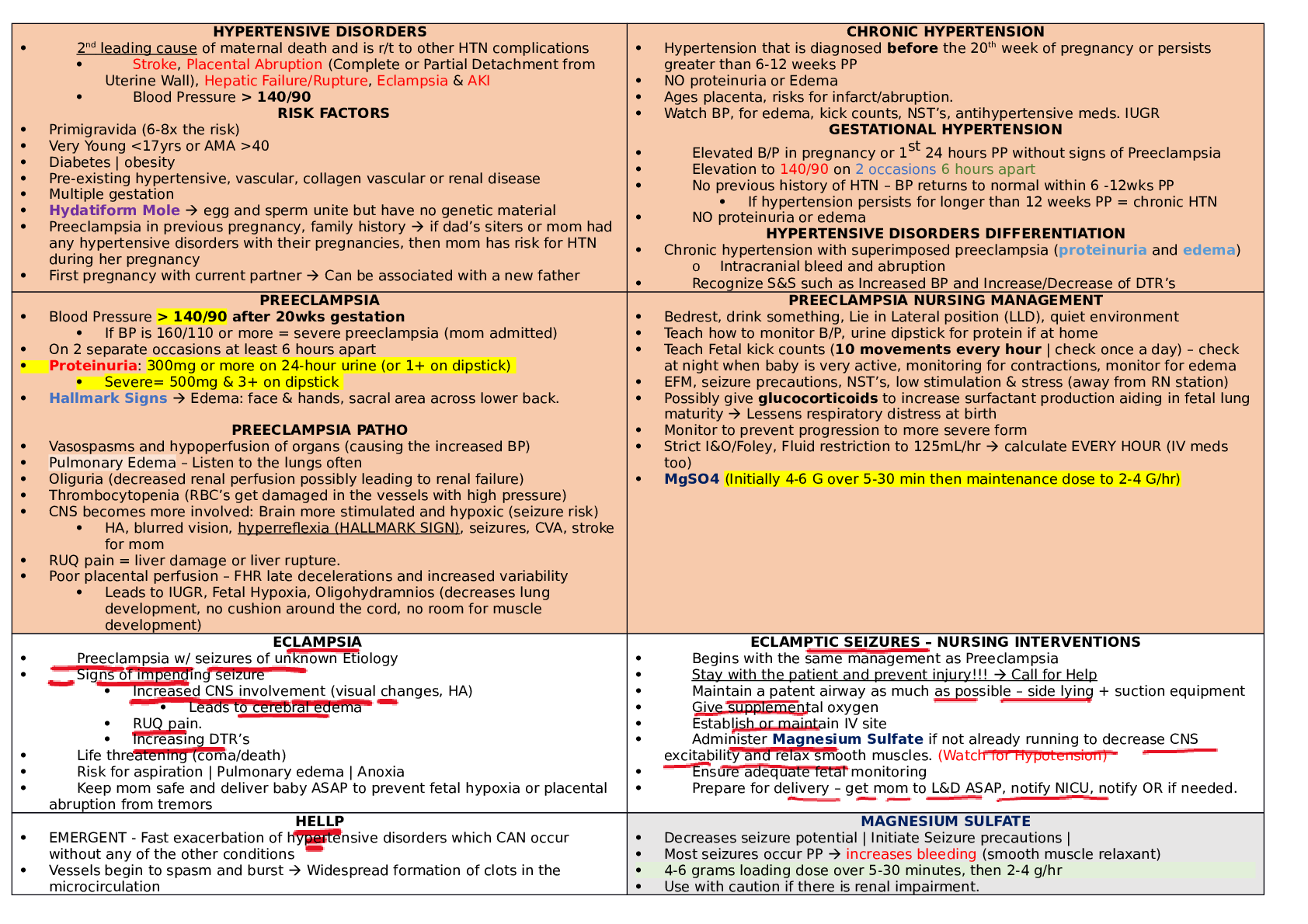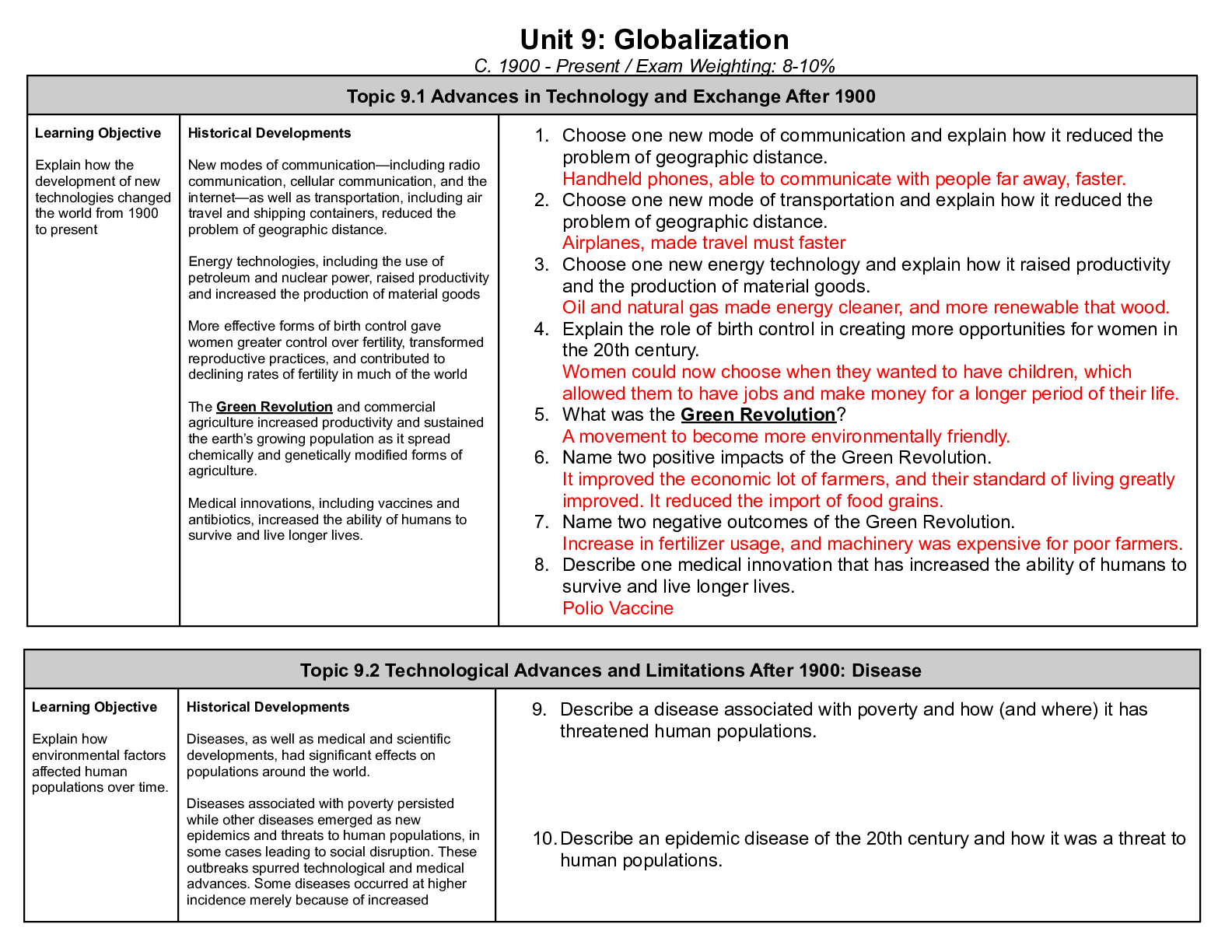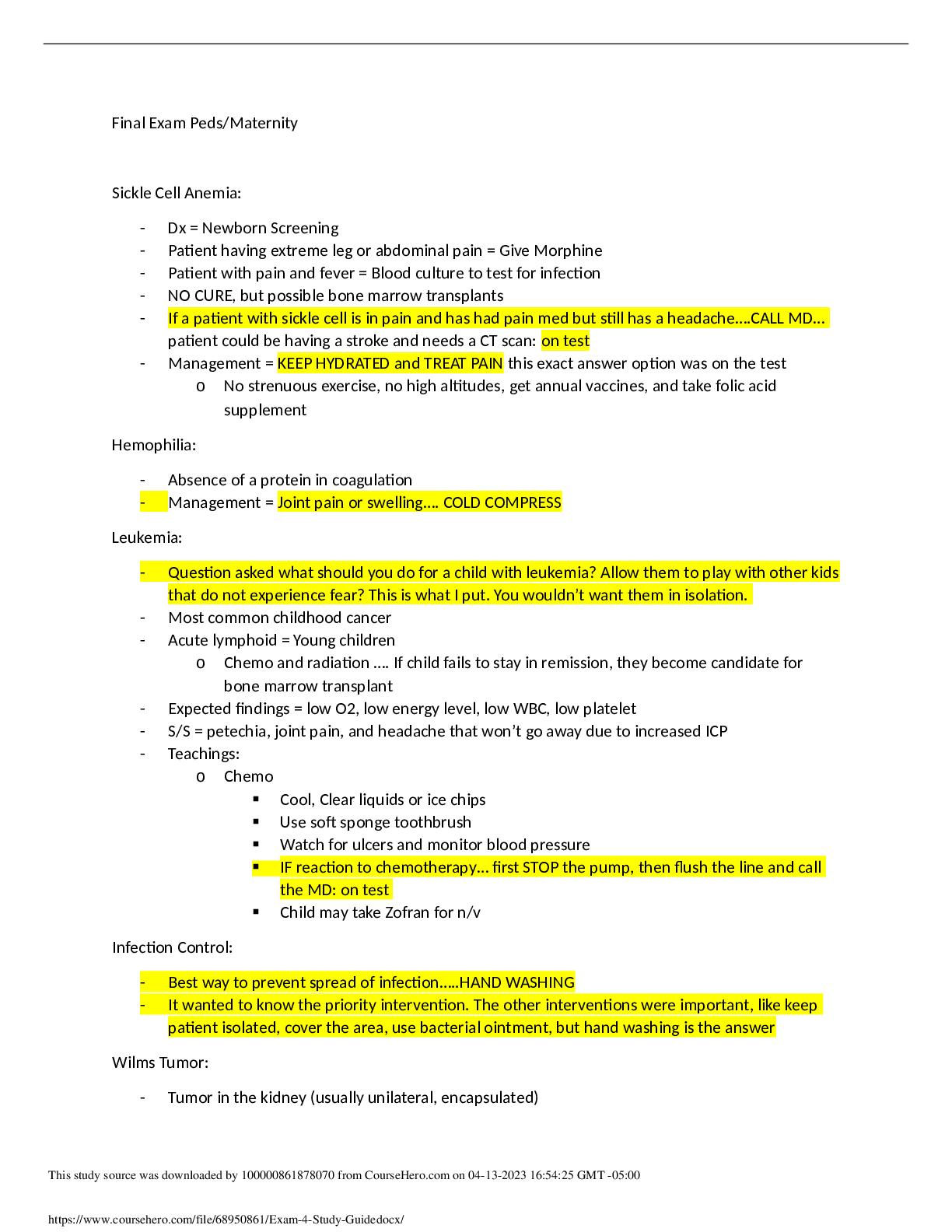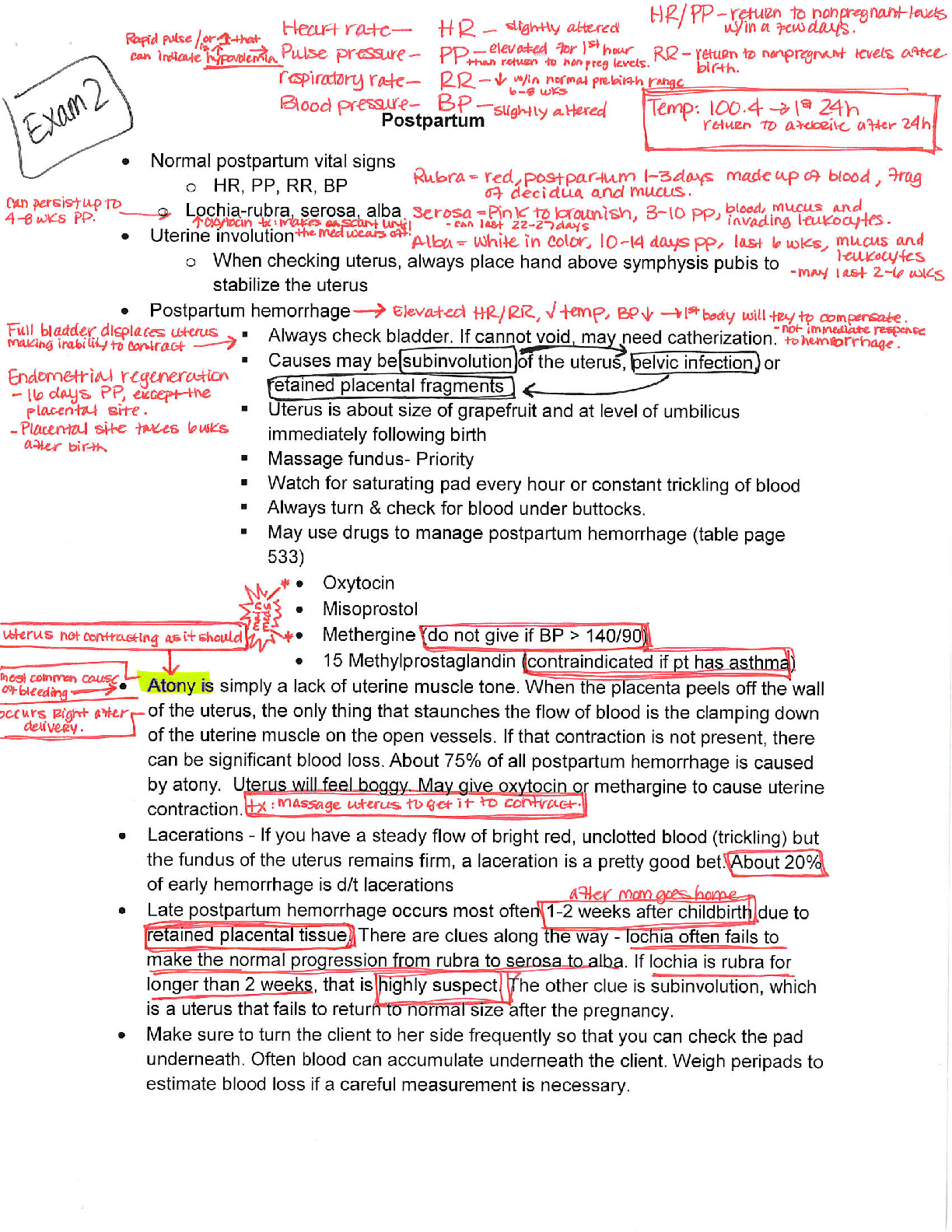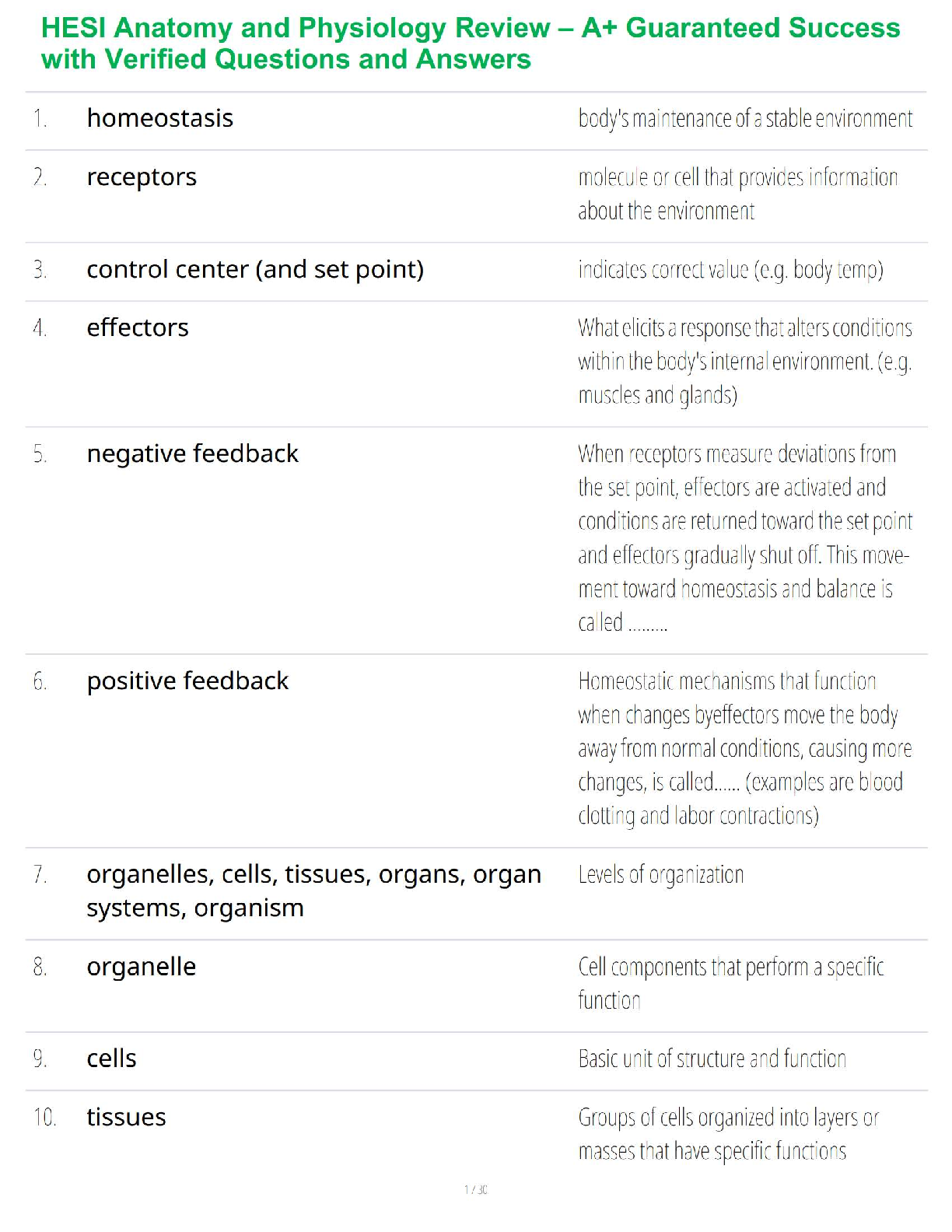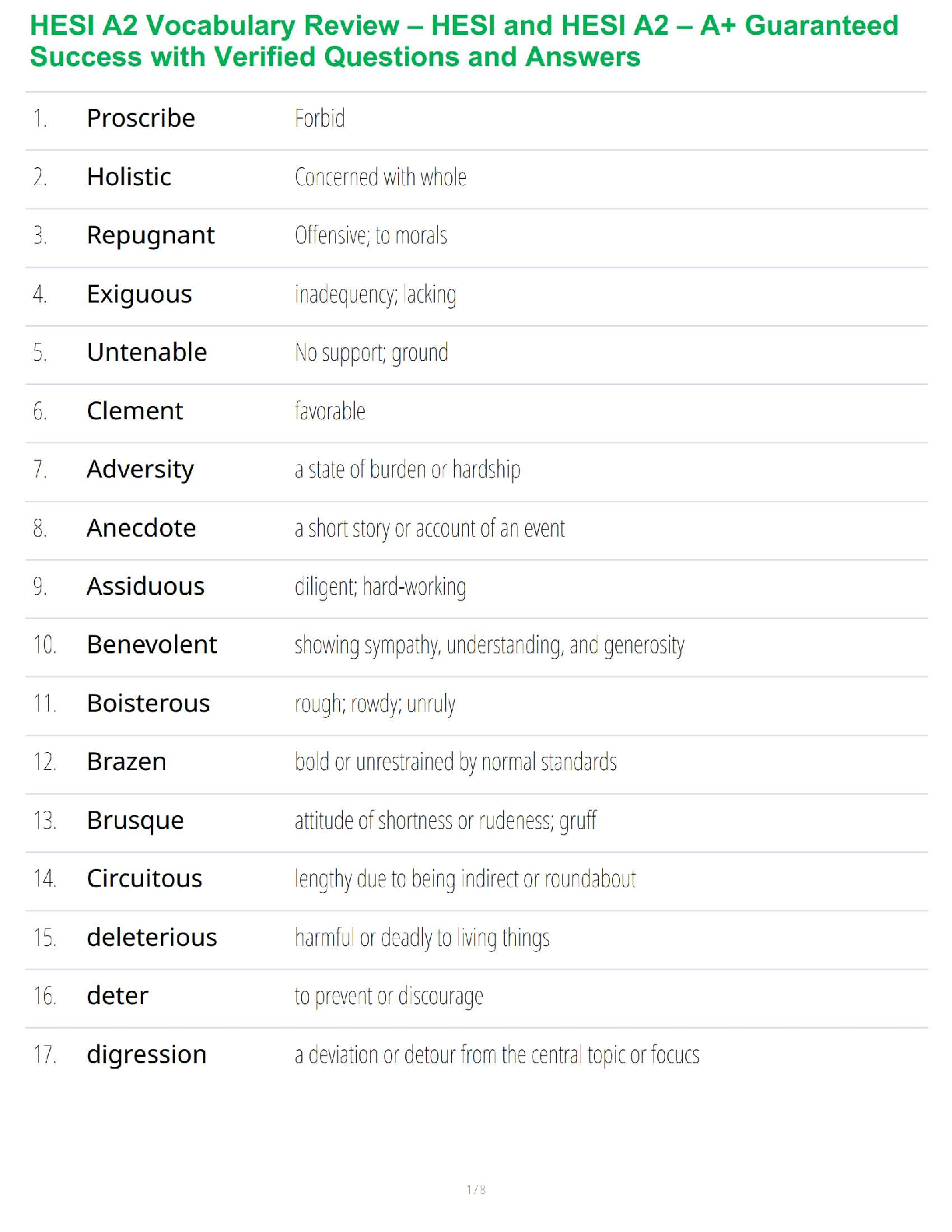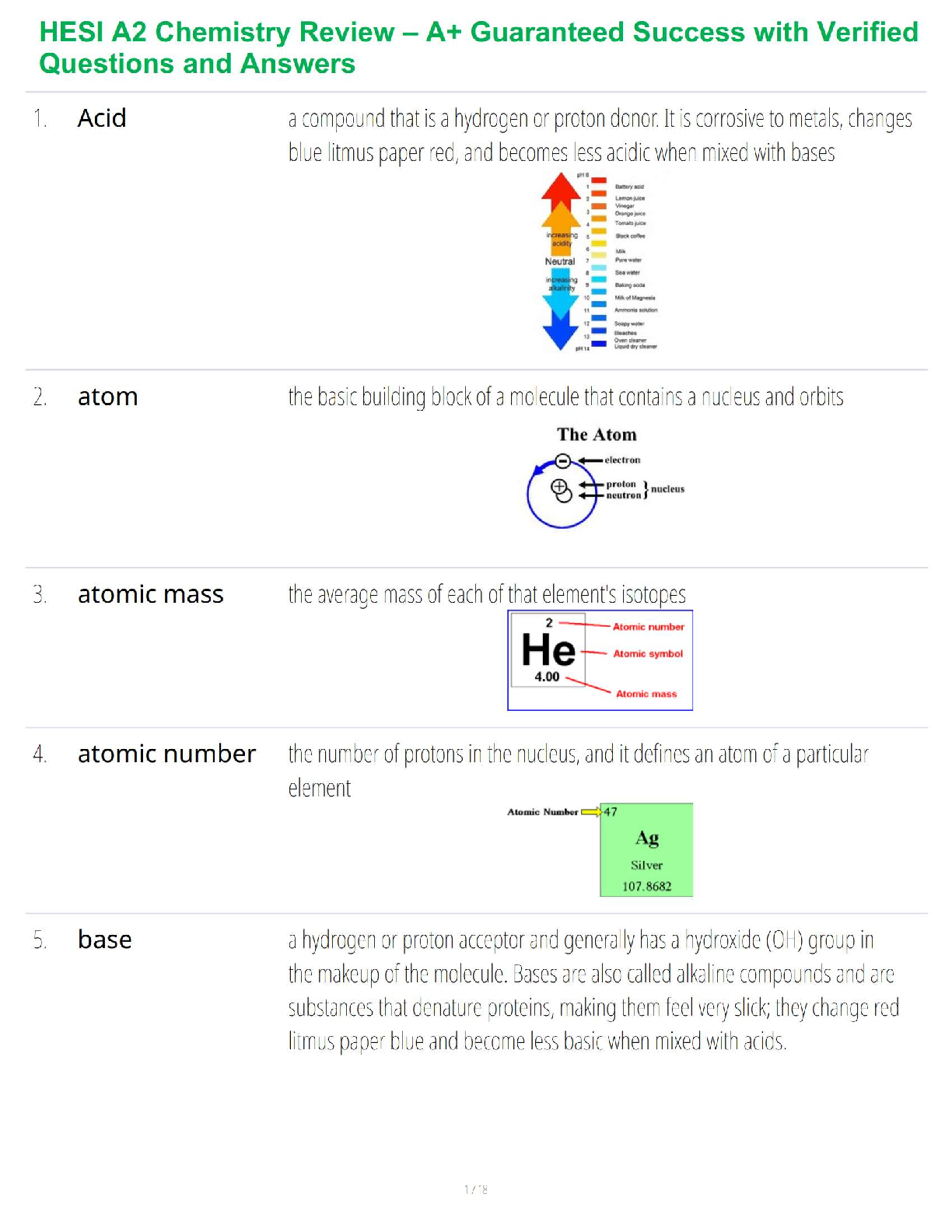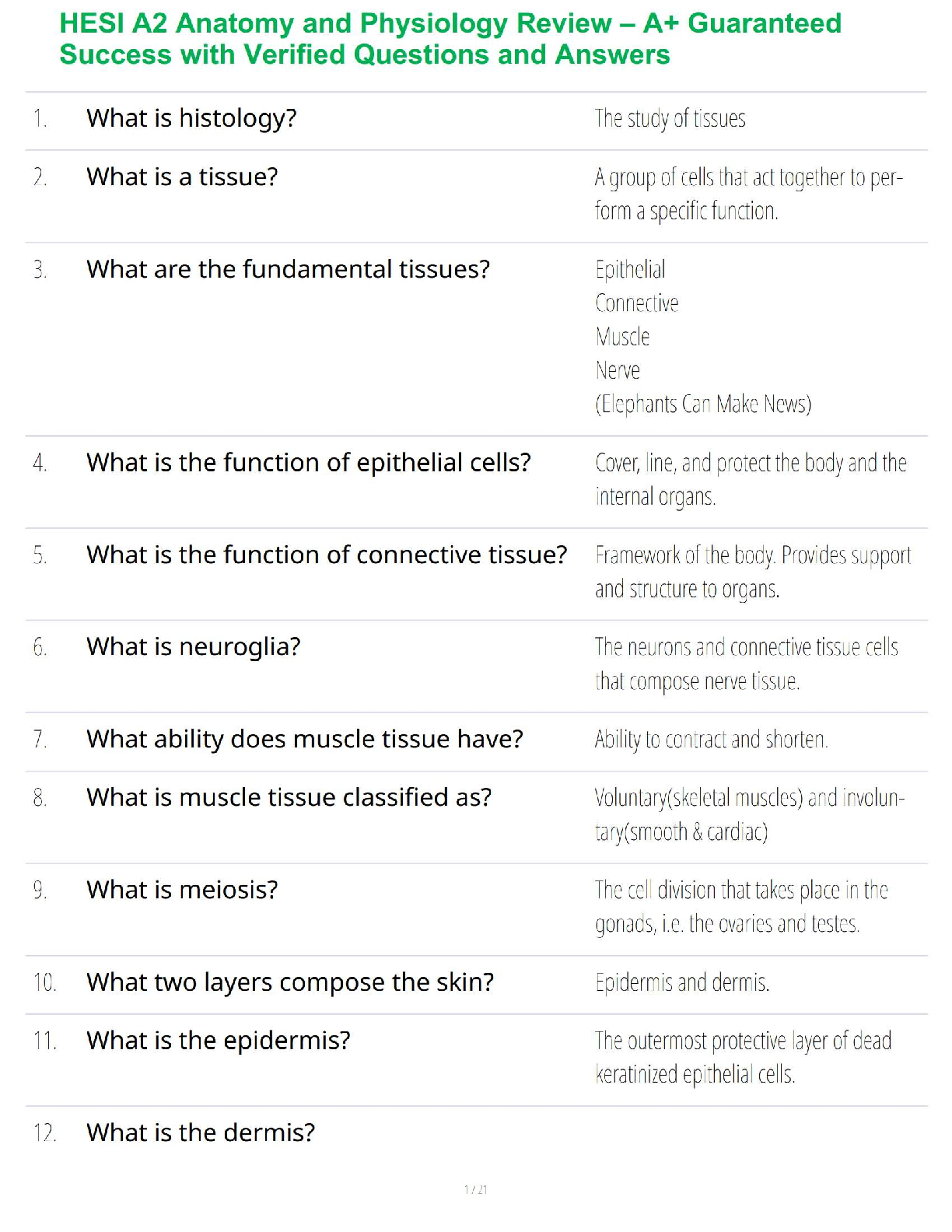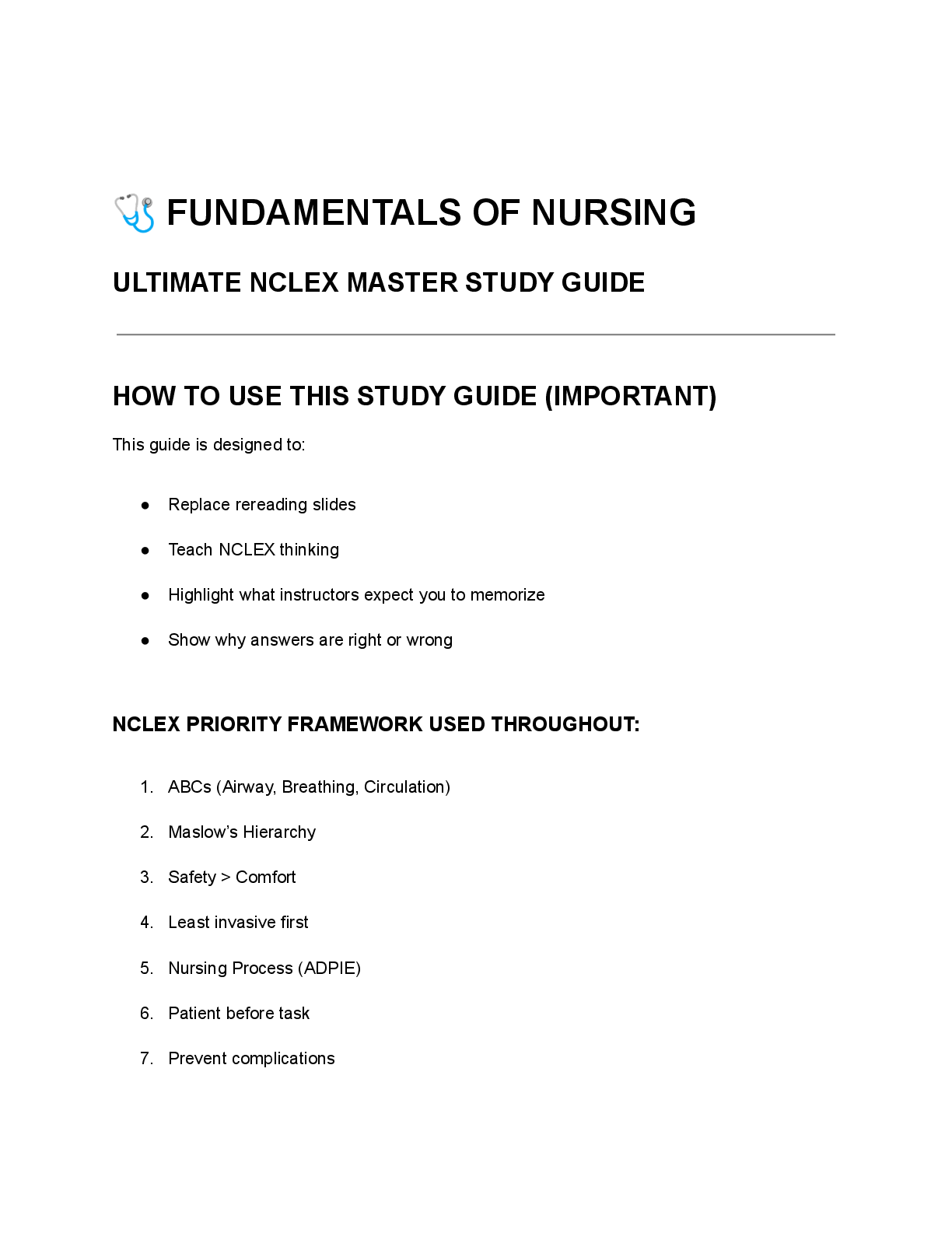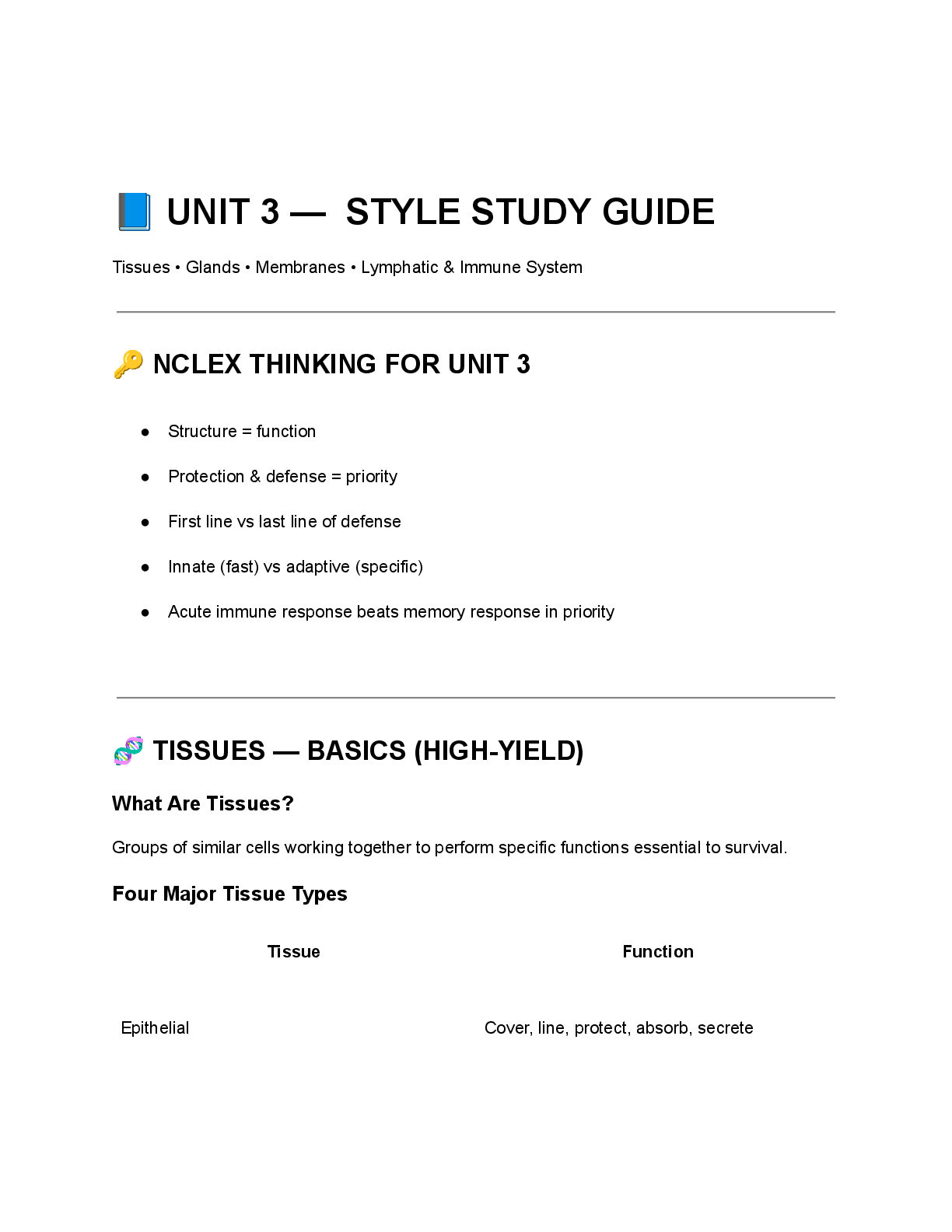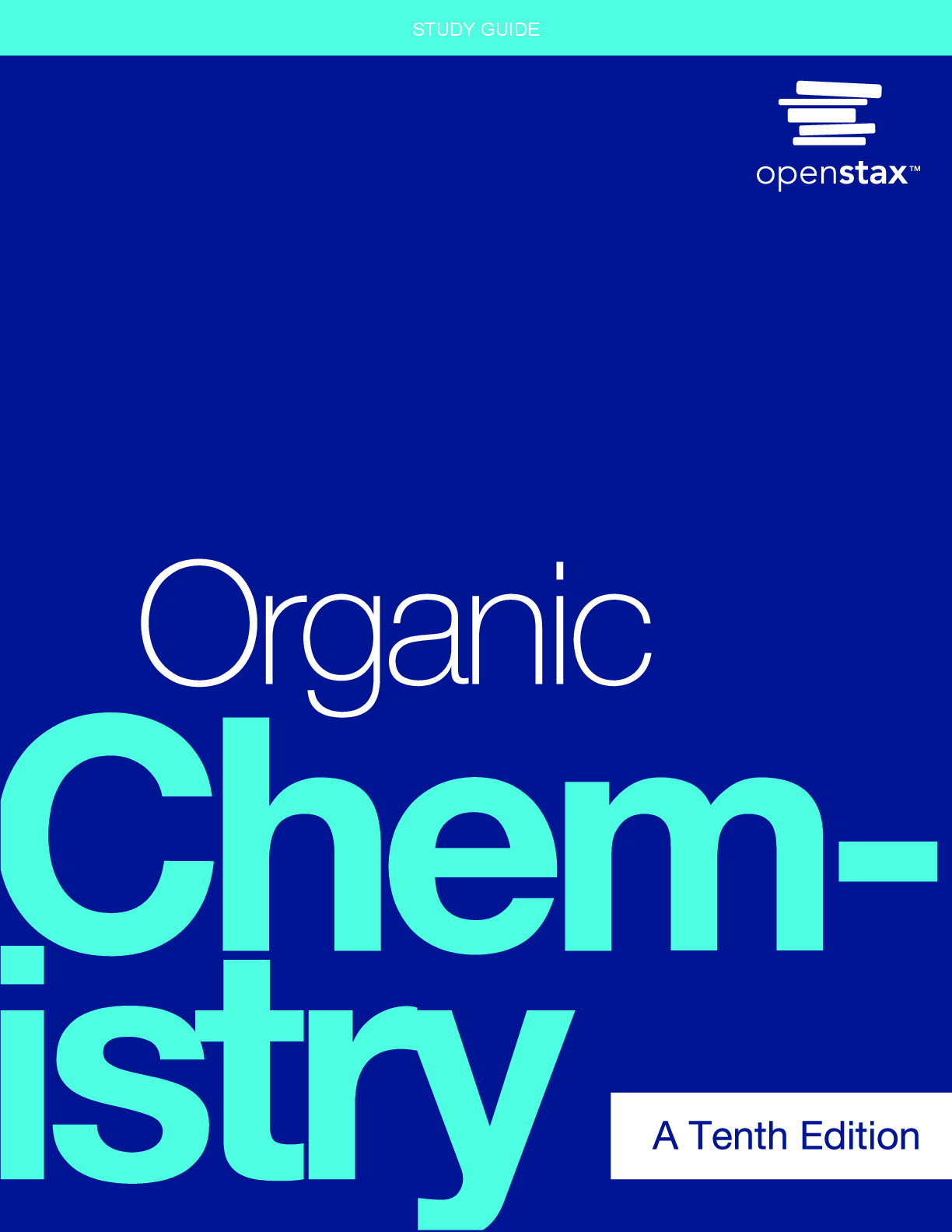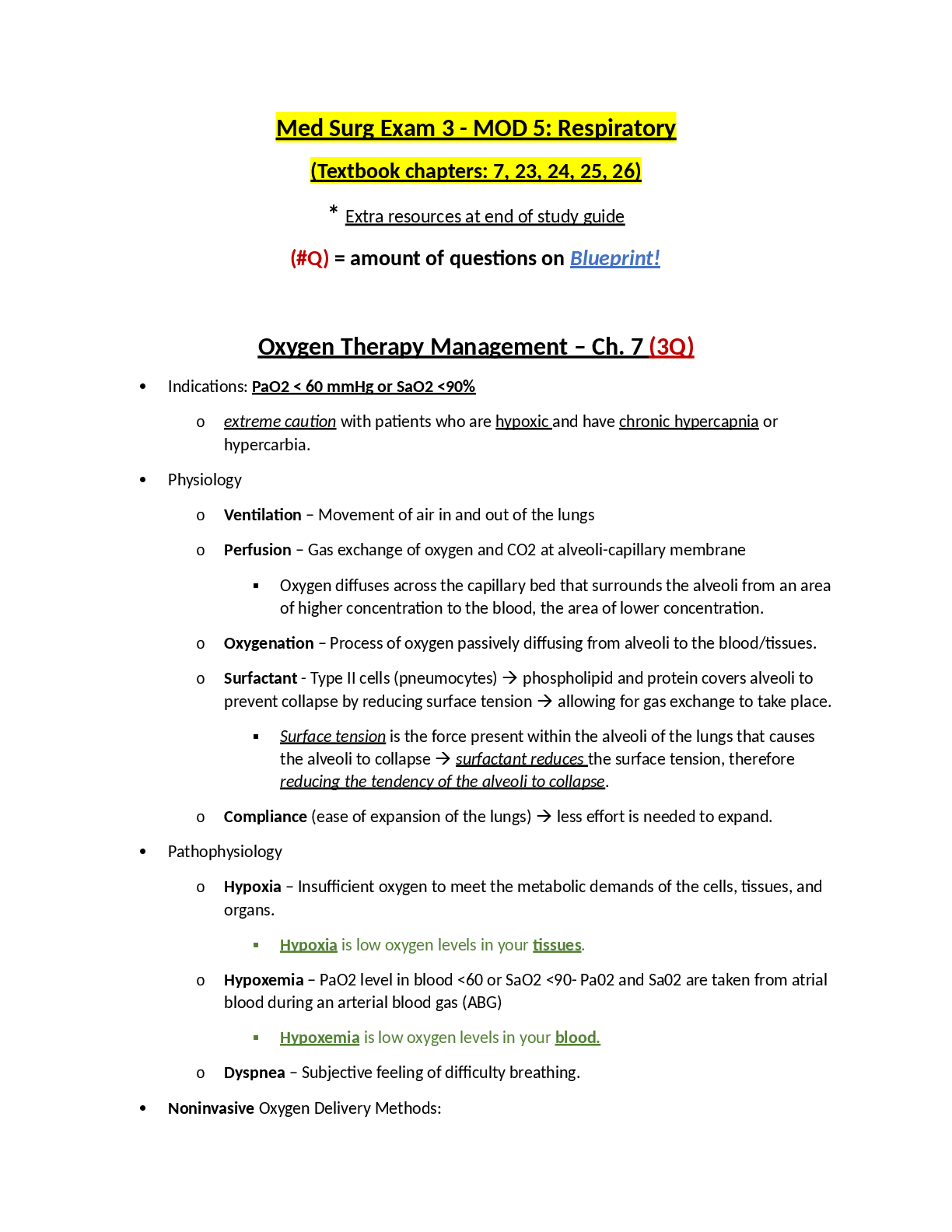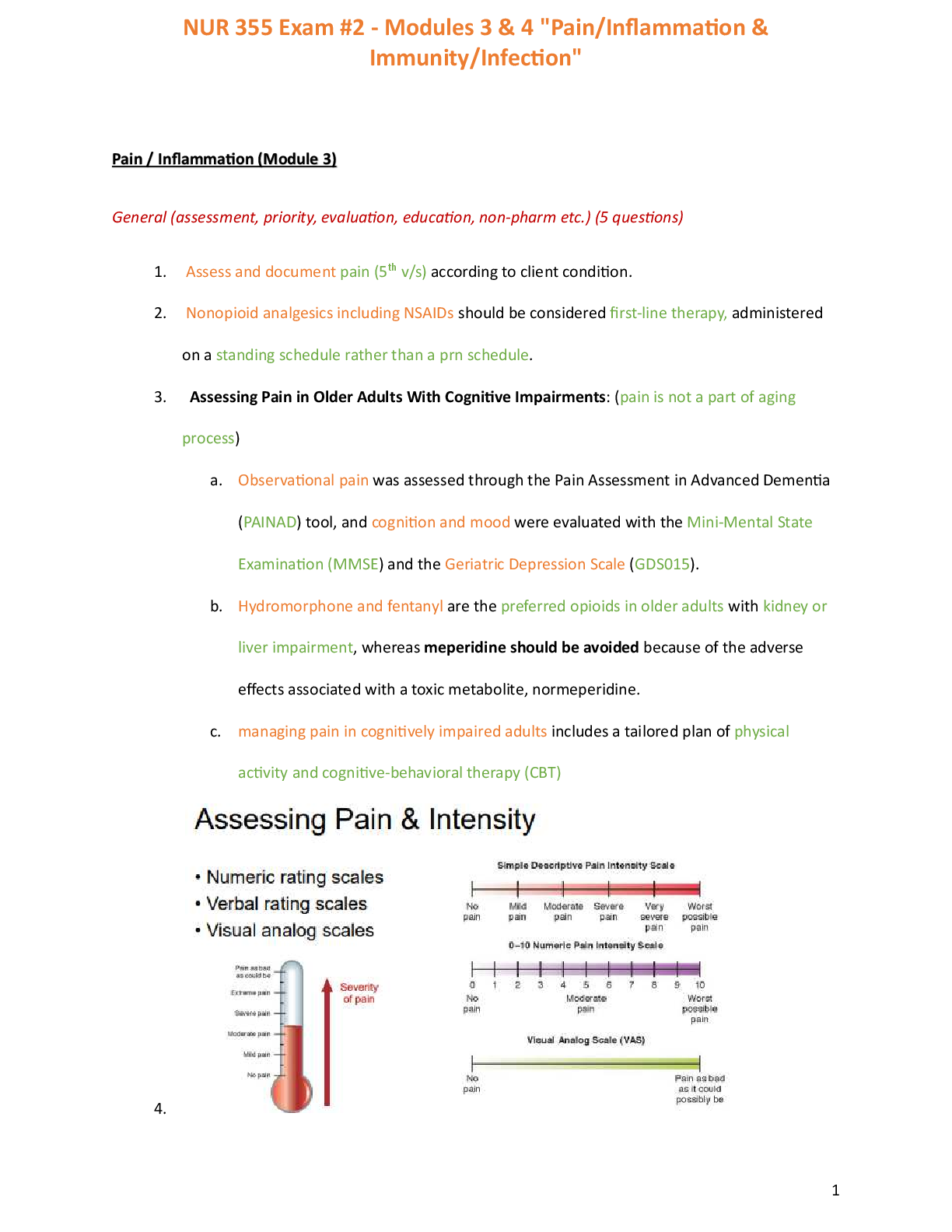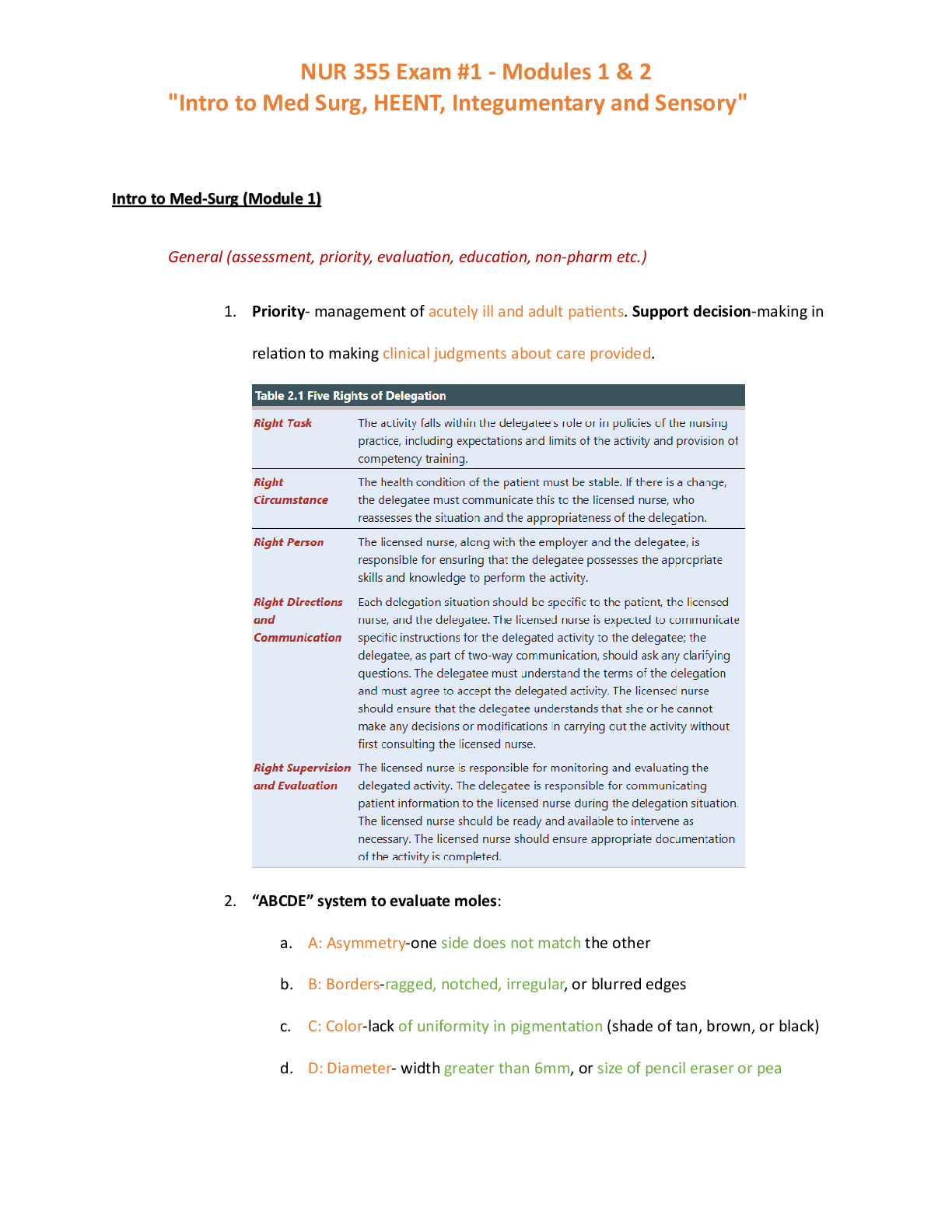Public Health Law and Ethics Study Guide I
PUBLIC HEALTH LAW & ETHICS
Public Health society’s obligation to assure the conditions for the people’s health
Mission: promote physical/mental health; prevent injury
...
Public Health Law and Ethics Study Guide I
PUBLIC HEALTH LAW & ETHICS
Public Health society’s obligation to assure the conditions for the people’s health
Mission: promote physical/mental health; prevent injury, disease, and disability
Functions: assess community health needs; develop policies; assure the services necessary for community health
Jurisdiction: immediate risk factors such as infectious disease control; more distant social factors such as discrimination and socioeconomic status
· Individuals can do much to be healthy but there are health factors beyond their individual control
· Implies mutually shared obligations between individual members and society as an institution
Collective entities local, state, and federal governments
Focus: health of populations rather than health of individuals
· Responsible for healthy populations
· Have to meet the needs of the collectivity
Reach of PH: identify, reduce, eliminate immediate and more distant factors for injury and disease
Dilemmas:
· Broad focus entails economic redistribution/social reconstructing/advocacy
· Narrow focus entails reliance on science, research, and the credibility derived from their objectivity
· Preservation of the public health is one of the first goals of government
Enforcing law to secure conditions for public health by:
· Influencing norms for healthy behavior
· Identifying/responding to health dangers
· Setting/enforcing health standards
Tools: law/regulation/litigation, working with the constitutional framework of the three branches of government and within a mechanism of check and balances
· Medical ethics has tended to focus on the individual rather than the group in the healthcare setting
Ethics of Public Health – ethical dimensions of public health professionalism grounded in the fiduciary (trusting) relationship of professional to society in the pursuit of the common good
Ethics in Public Health – ethical dimensions of the PH enterprise; the moral standing of the populations health; the trade off between collective and individual good; fair allocation of benefits and burdens
Advocacy Ethics – serves the interest of populations, particularly the powerless/oppressed; approach is pragmatic (sensible) and political (social justice)
Human Rights
International Law: Bill of Human Rights, entailing civil, political, economic, social, cultural considerations
Declared Rights: International Covenant on Civil and Political Rights (ICCPR)
Negative rights securing a sphere of protection from government restraint – prohibition of slavery/torture/freedom of religion/etc.
Declared Rights: International Covenant on Economic, Social, Cultural Rights (ICESCR)
Positive rights duties of the state to provide services – social security/education/equal pay for equal work/etc.
Function of International Declarations: declare what rights are and provide for the circumstances within which they are recognized and implemented
Function of Ethics regarding human rights: determine what rights are in the first instance, their meaning, purpose, and warrant
Human Rights in Public Health Practice: health as a human right suggests that states have an obligation to protect, respect, and honor the entitlement
Rights commodities that have the distinctive moral consequence of constituting a domain of entitlement
Consequences of Rights
· Entail a particular moral relationship between the right and duty holder – what might have been a matter of moral indifference now becomes a matter of unavoidable moral consequences
· They justify actions so no further explanation of one’s actions is necessary
· Create and “area” of reasonable expectations within which the individual and society can relate to each other in a morally responsible way
DOING ETHICS
Ethics study of standards of behavior (Webster)
Evaluates human behavior: What is ought to be done, what is ought not to be done
Ethics is indicated by the word ought: logical ought, prudential (showing forethought) ought
Ethical ought
· Unconditional – honesty for its own sake; because unconditional, different from prudential ought
· Imperative – must be done; because imperative, different from logical ought
Different from:
· Mortality – social practices/guidelines embodying good/bad conduct (custom, culture, religion)
· Prudence (cautiousness) – enlightened self interest
· Law – societal mechanism translating morality into guidelines/practices, along with stipulation of punishment fro infractions
Descriptive – historical, sociological, anthropological commentary
Meta – critical analysis of ethics itself
Normative – determination of the good/ the bad
Forms of judgment – possible, reasonable, appropriate – indicate that behavior is characterized by obligation/responsibility; entailing holding responsible, praising, blaming – ethically accountable
The use of “good”
· Not descriptive but prescriptive (accepted by long usage or the passage of time)
· ‘Good’ “never intended to be a description of anything; it was from the start assumed to be an injunction to do something”
Socrates’
3 principles:
· Do no harm
· Keep one’s promises
· Obey one’s parents/teachers
Method of arguing:
· Identifies the principles on which to set his major premise
· Establishes his minor premise – a statement of fact combined with an application of the 3 principles
Syllogism:
· Major premise – do no harm
· Minor premise – I will harm society by escaping
Socrates working with a combination of the first order principles – obey the state; second order principles – do no harm, keep promises, obey parents
· The former being derived from the latter
Argument: if p (socialized medicine) then q (communist), if q then r (kill people), therefore if p then r
· Argument is valid
· Since premises are not true, no guarantee the conclusion is true
· Valid argument guarantees truth of conclusion only if premises are true
Important distinctions
· Moral/ethical interchangeable with right/good
· Moral judgment need not mean a good judgment; may mean a judgment pertaining to ethics/morals
· Non-moral judgment (terms like good/bad; right/wrong) pertains to things distinct from persons/their behavior, such as cars (good); experiences (bad); directions (wrong)
Normative ethics study of ethical action, branch of philosophical ethics that investigates the set of questions that arise when considering how one ought to act, morally speaking
THE PUBLIC HEALTH FRAMEWORK
[Show More]



